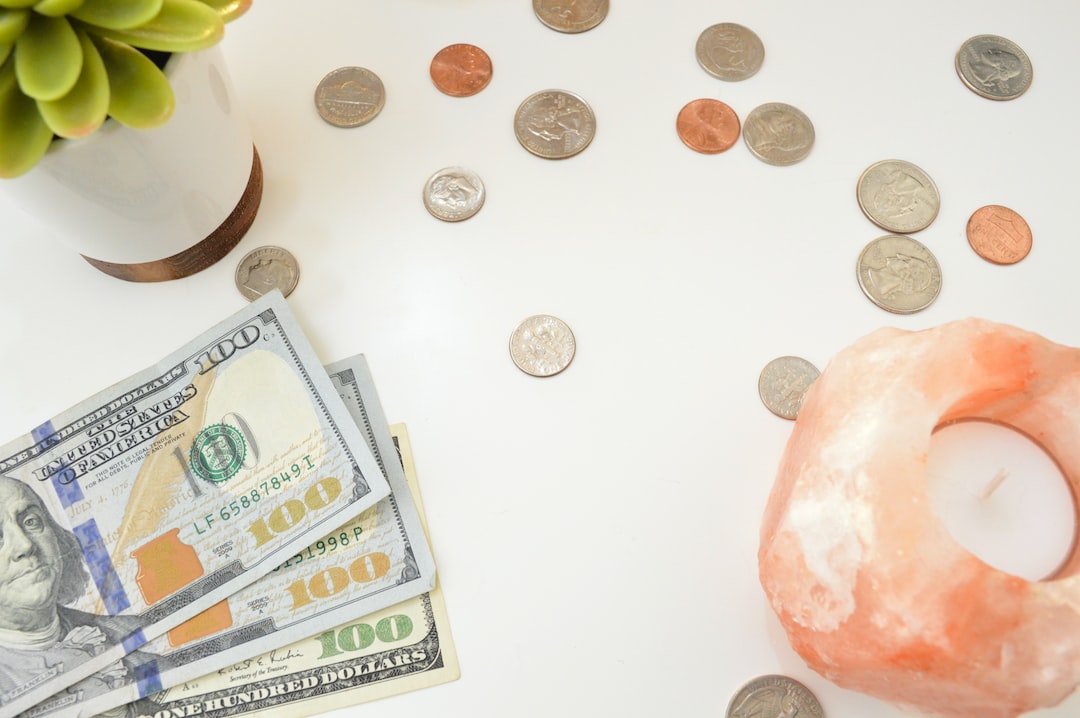The forex market, also known as the foreign exchange market, is the largest financial market in the world, with an average daily trading volume of $5.3 trillion. Speculating on the forex market involves taking positions on the exchange rates of different currencies. Traders can profit from the fluctuations in exchange rates by buying and selling currencies at the right time. In this article, we will discuss how to speculate on the forex market.
1. Understand the Forex Market
The first step to speculating on the forex market is to understand how it works. The forex market is a decentralized market, which means that it operates 24 hours a day, five days a week, across different time zones. The market is made up of different participants, including banks, corporations, governments, and individual traders.
The exchange rate of a currency is determined by the supply and demand for that currency in the forex market. When demand for a currency is high, its value appreciates, and when demand is low, its value depreciates. Traders speculate on the forex market by predicting the direction of the exchange rate of different currencies.
2. Choose a Forex Broker
To speculate on the forex market, you need to open an account with a forex broker. A forex broker is a company that provides access to the forex market through its trading platform. When choosing a forex broker, consider factors such as regulation, trading platform, spreads, and commissions.
Regulation is important because it ensures that the broker operates in a transparent and fair manner. A good trading platform should be user-friendly and offer access to different forex pairs. Spreads and commissions are the fees charged by the broker for executing trades. Look for a broker with competitive spreads and low commissions.
3. Learn Technical Analysis
Technical analysis is the study of past market data to predict future market movements. Traders use technical analysis to identify trends, support and resistance levels, and other patterns in the market. Technical analysis is an essential skill for speculating on the forex market.
To learn technical analysis, start by understanding the basic concepts such as trendlines, moving averages, and chart patterns. There are many resources available online, including books, courses, and webinars. Practice using technical analysis on a demo trading account before trading with real money.
4. Develop a Trading Strategy
A trading strategy is a set of rules that guide your trading decisions. A good trading strategy should have clear entry and exit points, risk management rules, and a clear understanding of your goals and objectives. Your trading strategy should be based on your trading style, risk tolerance, and market conditions.
There are many trading strategies to choose from, including trend following, swing trading, and scalping. Each strategy has its own advantages and disadvantages. It’s important to choose a strategy that suits your personality and trading style.
5. Manage Your Risk
Managing risk is essential when speculating on the forex market. Forex trading involves a high degree of risk, and traders can lose money quickly if they don’t manage their risk properly. To manage your risk, you should use stop-loss orders, position sizing, and risk-reward ratios.
A stop-loss order is an order to close a trade when the market moves against you. Position sizing is the process of determining the amount of money to risk on each trade. Risk-reward ratio is the ratio of potential profit to potential loss on a trade. A good risk-reward ratio is at least 1:2.
6. Monitor Market News and Events
The forex market is influenced by economic news and events. Traders should stay informed about economic data releases, central bank announcements, and geopolitical events that can affect the forex market. Economic data such as GDP, inflation, and employment can affect the exchange rate of a currency.
Central bank announcements such as interest rate decisions and monetary policy statements can also influence the forex market. Geopolitical events such as elections, trade disputes, and natural disasters can also affect the forex market. Traders should stay informed about these events to make informed trading decisions.
In conclusion, speculating on the forex market requires a good understanding of the market, a reliable forex broker, technical analysis skills, a trading strategy, risk management, and market monitoring. With these skills, traders can profit from the fluctuations in exchange rates of different currencies. Traders should also be prepared to learn from their experiences and adapt their trading strategies to changing market conditions.





